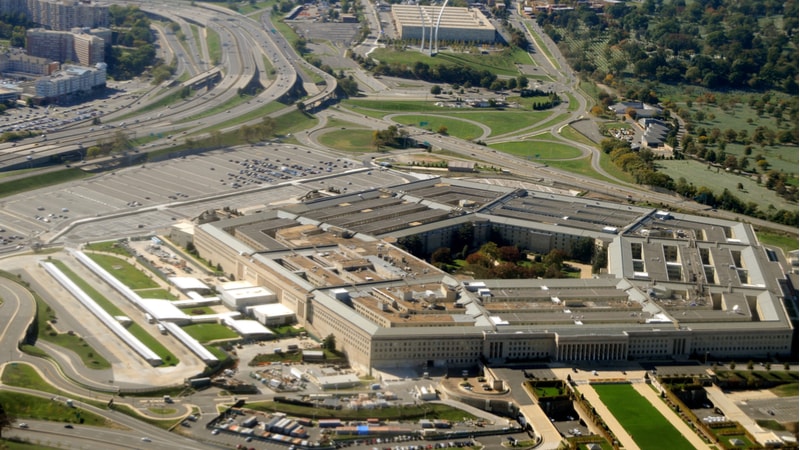
Austin Dhamer, President Donald Trump’s nominee to serve as assistant secretary of defense for strategy, plans, and capabilities, told lawmakers that future military planning must emphasize agility, technological innovation and multi-domain capability development to maintain strategic advantage.
In written responses to advance policy questions submitted ahead of his nomination hearing today, Dhamer said he would prioritize technological agility over traditional, long-cycle weapons programs, emphasizing rapid innovation and scalable solutions.
“I will seek to reorient the department’s thinking away from developing expensive, exquisite platforms over many years that we cannot afford to lose, toward delivering innovation at scale on compressed cycles,” he wrote.
He added that the “Joint Force … must be able to cost-effectively deliver capabilities at the speed of relevance to address our strategic challenges.”
Dhamer also emphasized that future capability development should focus on emerging technology domains including space, cyber, electronic and undersea warfare.
“The further development of forces and capabilities in space, subsea and seabed warfare, cyber, and electromagnetic warfare could benefit both the department’s primary role of deterring and prevailing in conflict but could also benefit competition below that threshold,” he said.
Another key priority, Dhamer noted, will be addressing the growing threat posed by unmanned aerial systems (UASs), both in domestic airspace and around U.S. military installations overseas. He called for strengthened counter-UAS capabilities and closer interagency coordination, including the use of artificial intelligence (AI)-based detection and defeat systems.
“I will work with my counterparts across the department to provide commanders the critical information, situational awareness, and defeat capabilities they need to make timely decisions,” Dhamer wrote.
He praised the newly established Task Force to Restore American Airspace Sovereignty and Joint Interagency Task Force 401 (JIATF-401), which was created in August 2025 to lead and accelerate national counter-drone efforts across military branches and federal agencies.
“If confirmed, I plan to work closely with JIATF-401 and the Services, communicating clear policy guidance to prioritize needed capability and to take action to mitigate nefarious actors in the airspace over our installations,” Dhamer said.
